Foldable, functional art is a beautiful solution for open spaces
Story by Hollie Deese
Photography by Julia Steele
When you think of folding screens, you might envision a plain, three- or four-panel divider stuck in a corner to offer some modicum of privacy for changing clothes. And while those surely exist, folding screens have a rich history of being so much more than a place to toss robes and stockings.
Folding screens originated in China around the fourth century BC , maybe earlier, and often depicted idyllic scenes beautifully wrought by craftspeople and artists. EClan Design master artist Will Rhodarmer is honoring that history with the one-of-a-kind folding screens he creates for his company — beautiful, functional and created by hand.
He works with all types of craftspeople and fabricators for wood, fabric, metal and even some synthetic materials that he’s experimenting with to create the best possible effect for the client. He will even commission other artists who have expertise in a particular technique needed for a piece.
“Everything I do is either hand-painted or something is handmade and applied,” he says, including panels created using an old mural technique of painting on massive sheets of canvas that are then applied like wallpaper.
Rhodarmer, a Middle Tennessee native and MTSU graduate, developed EClan after seeing the growing need for room separators from his faux-finishing, cabinet refinishing and mural business, Art Effects. With the growth of high-rise apartments and small-space living, he saw how he could translate his art into a high-quality heirloom product that also met a need.
“As a painter, the idea of a freestanding painting is really exciting, but that’s purely aesthetic, and that’s purely from a painter’s standpoint,” he says. “From a design standpoint, screens have endless functionality.”
His creations include pet screens, fireplace covers, sofa screens, folding screens and wall art. Some are self-standing floor screens, some are suspended from the ceiling and some are mounted on sliding hardware to act as doors. All help solve a homeowner’s specific struggle in dividing space, so the end use is key to planning the design of the piece.
“The whole essence of the folding screen is to have a functional, decorative piece, and the functionalities range from just merely decorative to architectural elements such as concealment, false walls and division of space,” Rhodarmer says. “All of the same concerns that the Chinese had, we now have with the modern version of the open floor plan and small living spaces.”




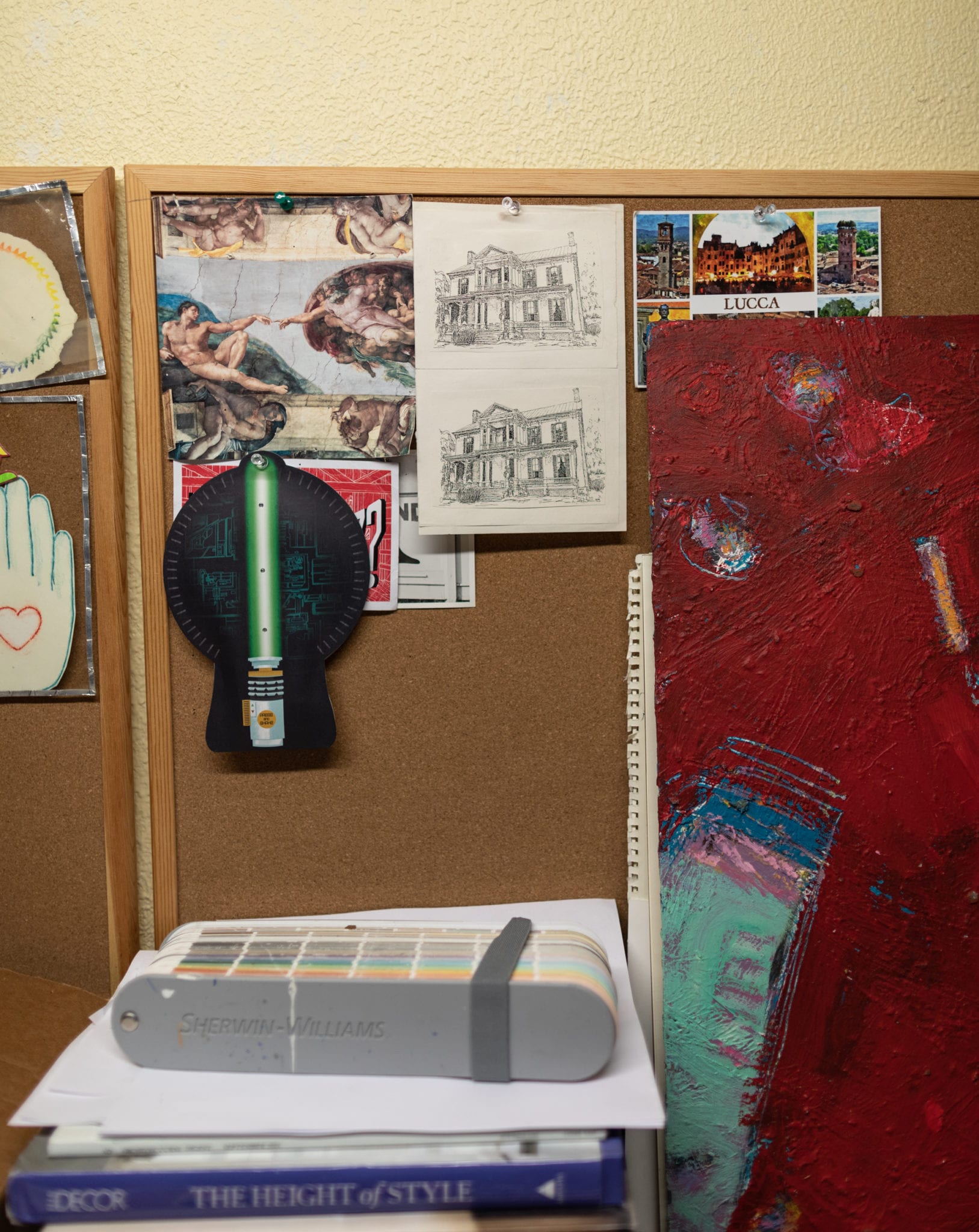



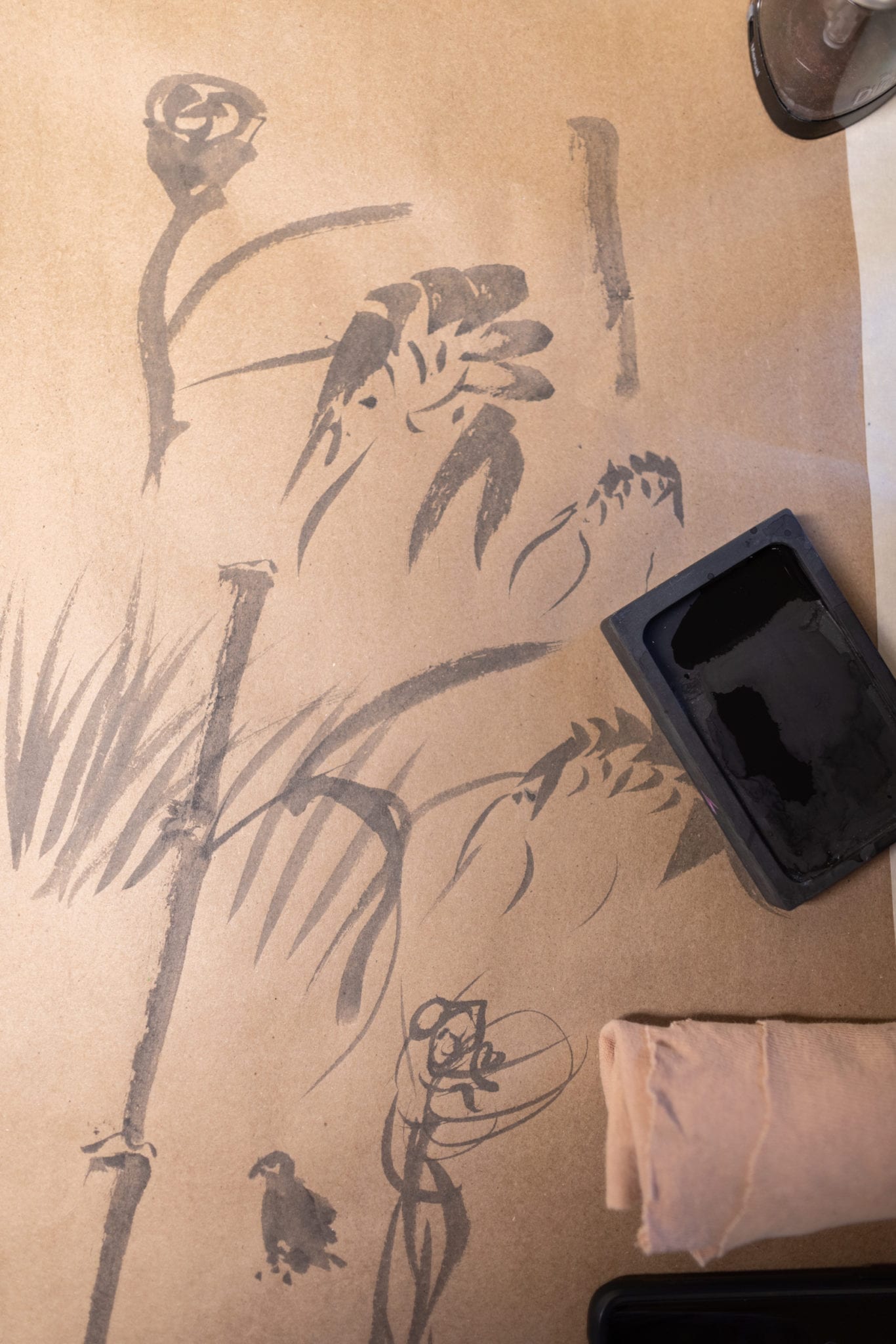








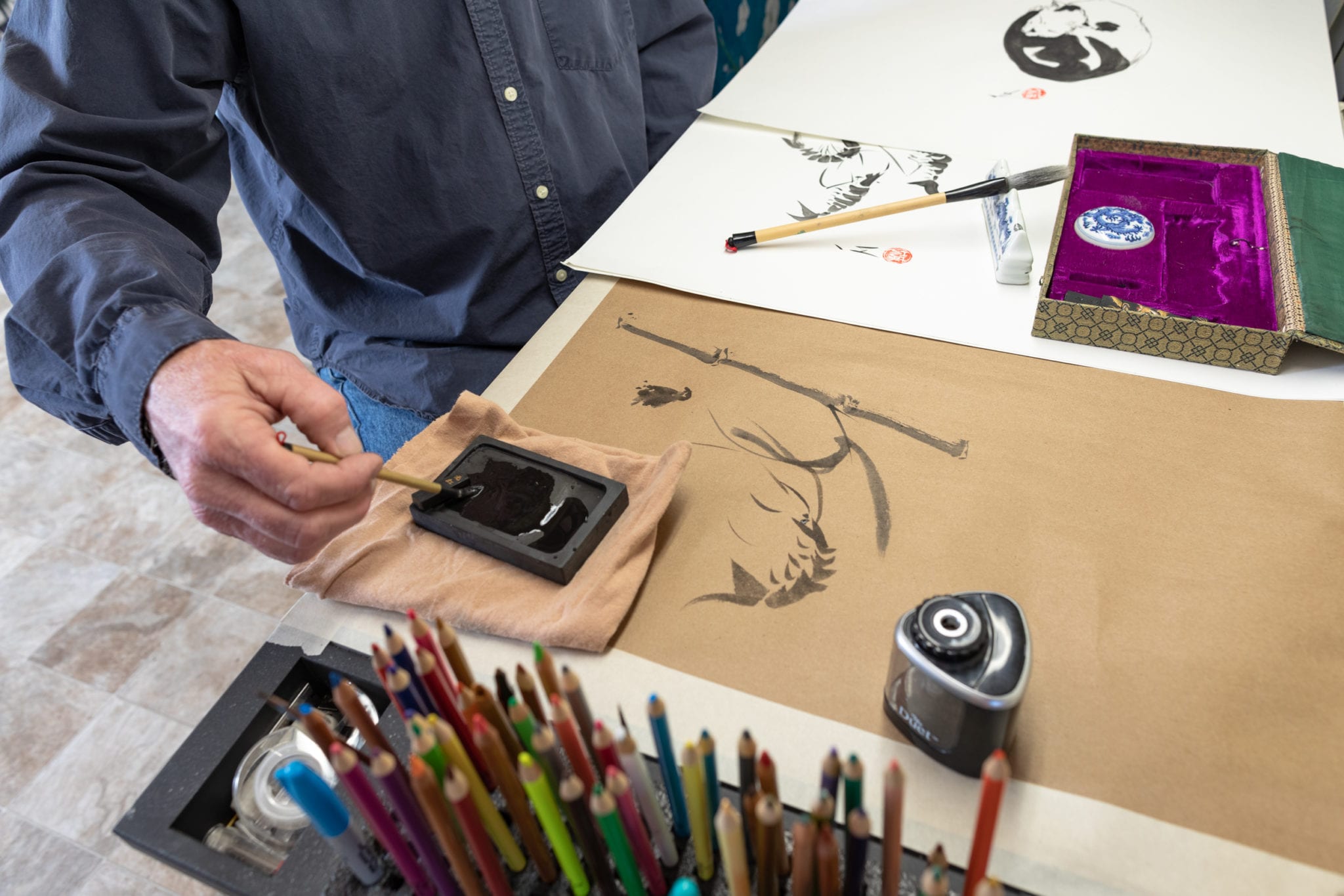


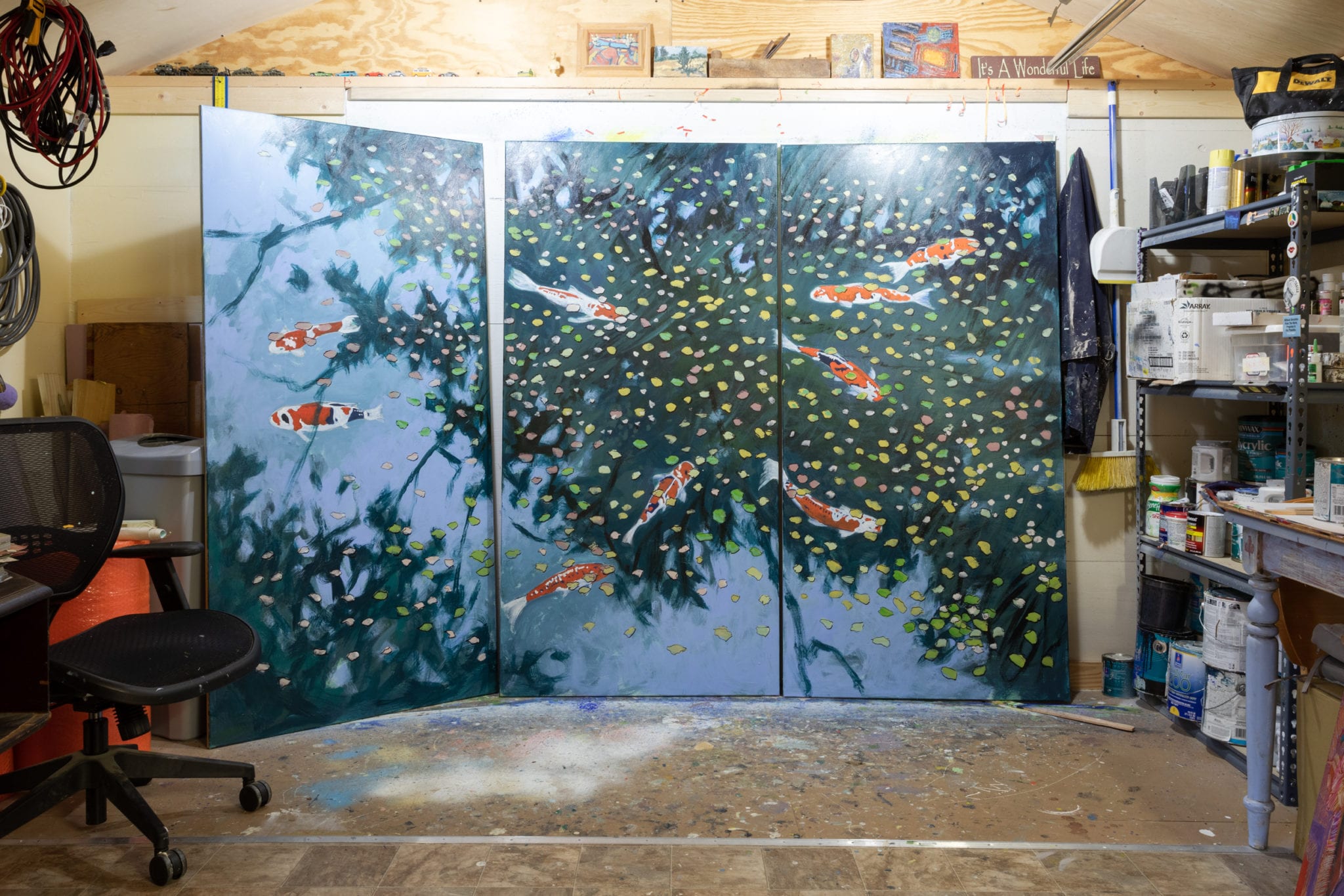

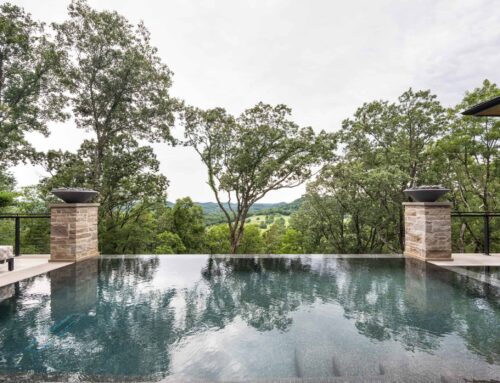
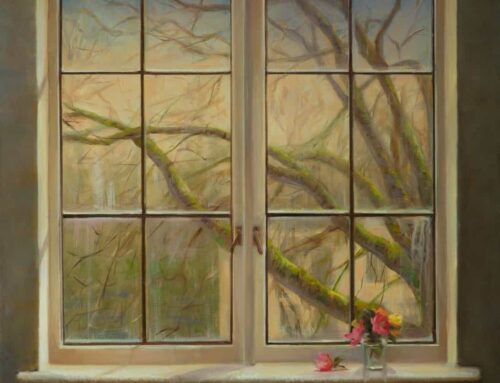


Leave A Comment
You must be logged in to post a comment.